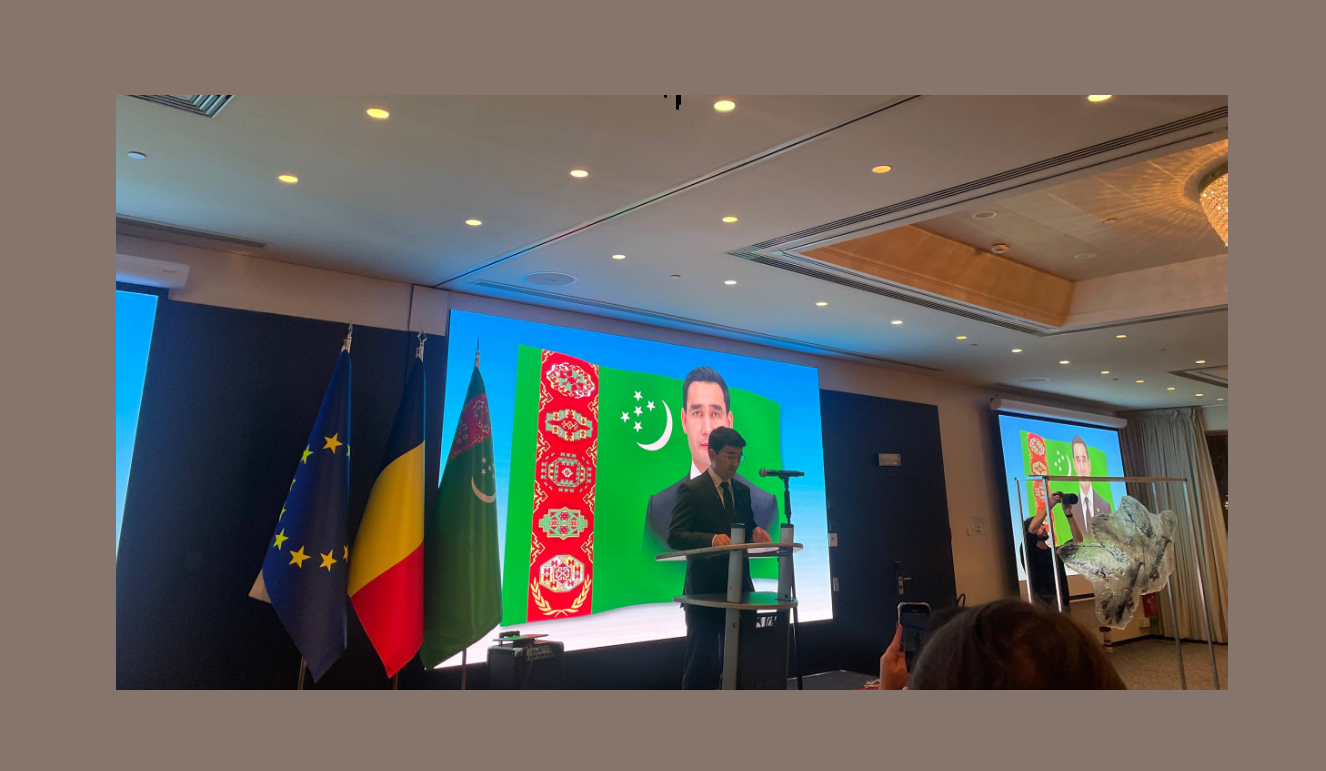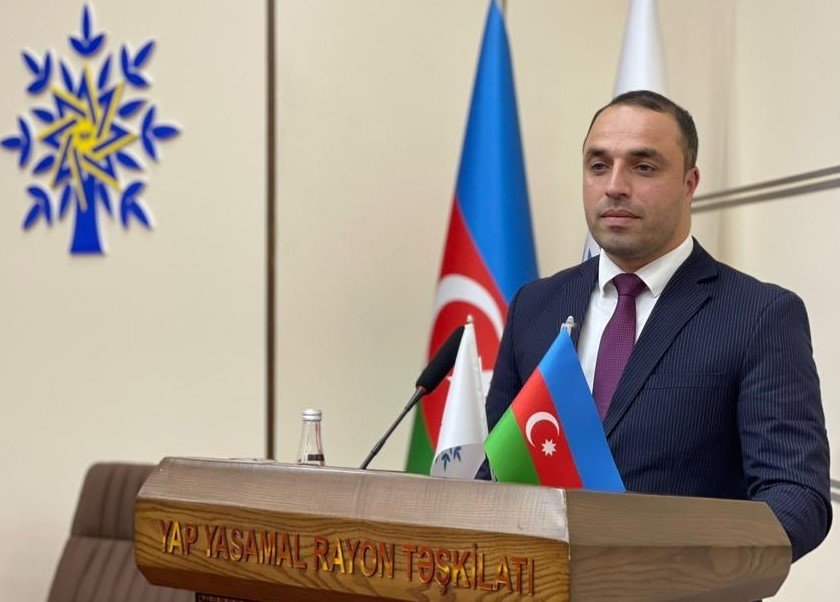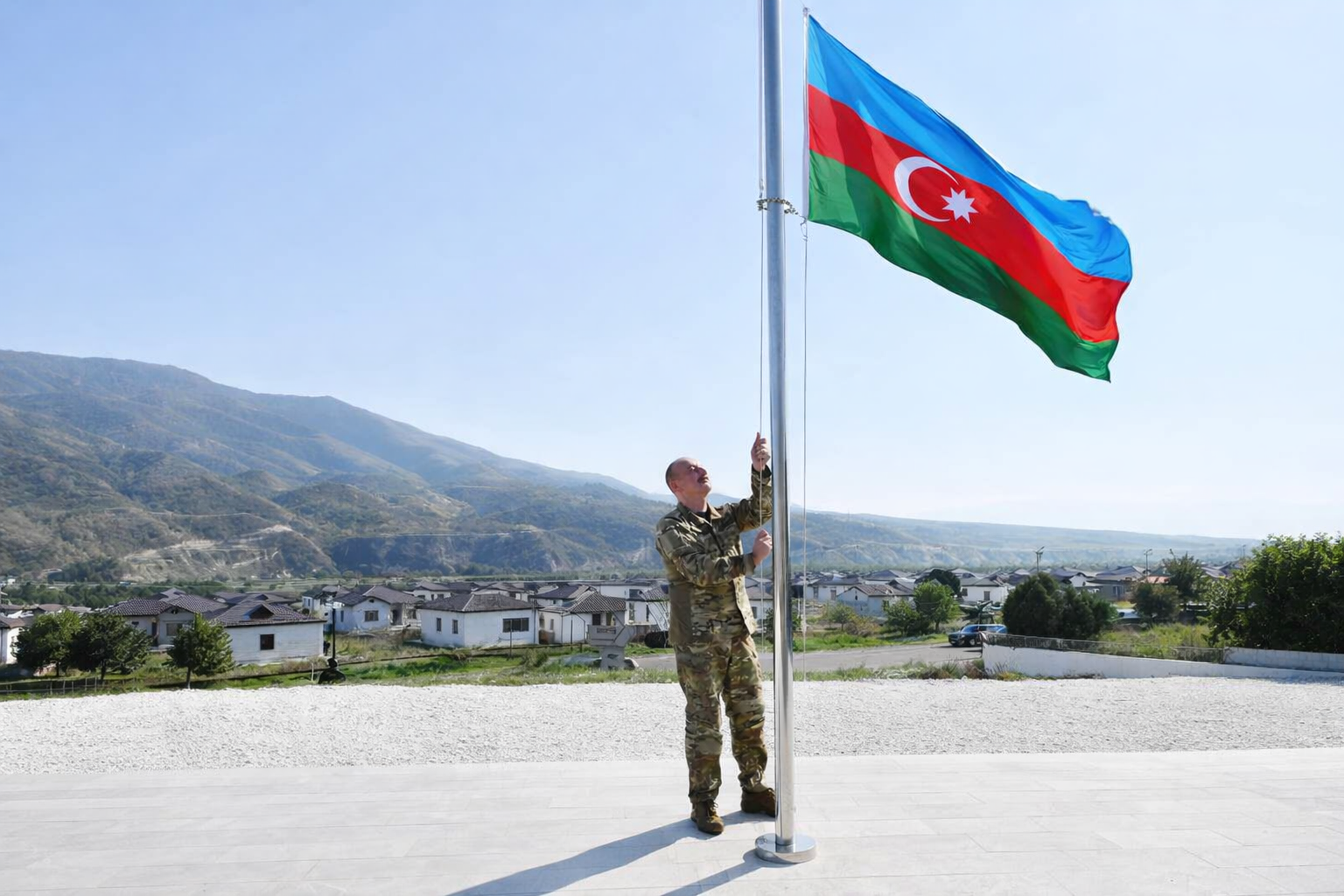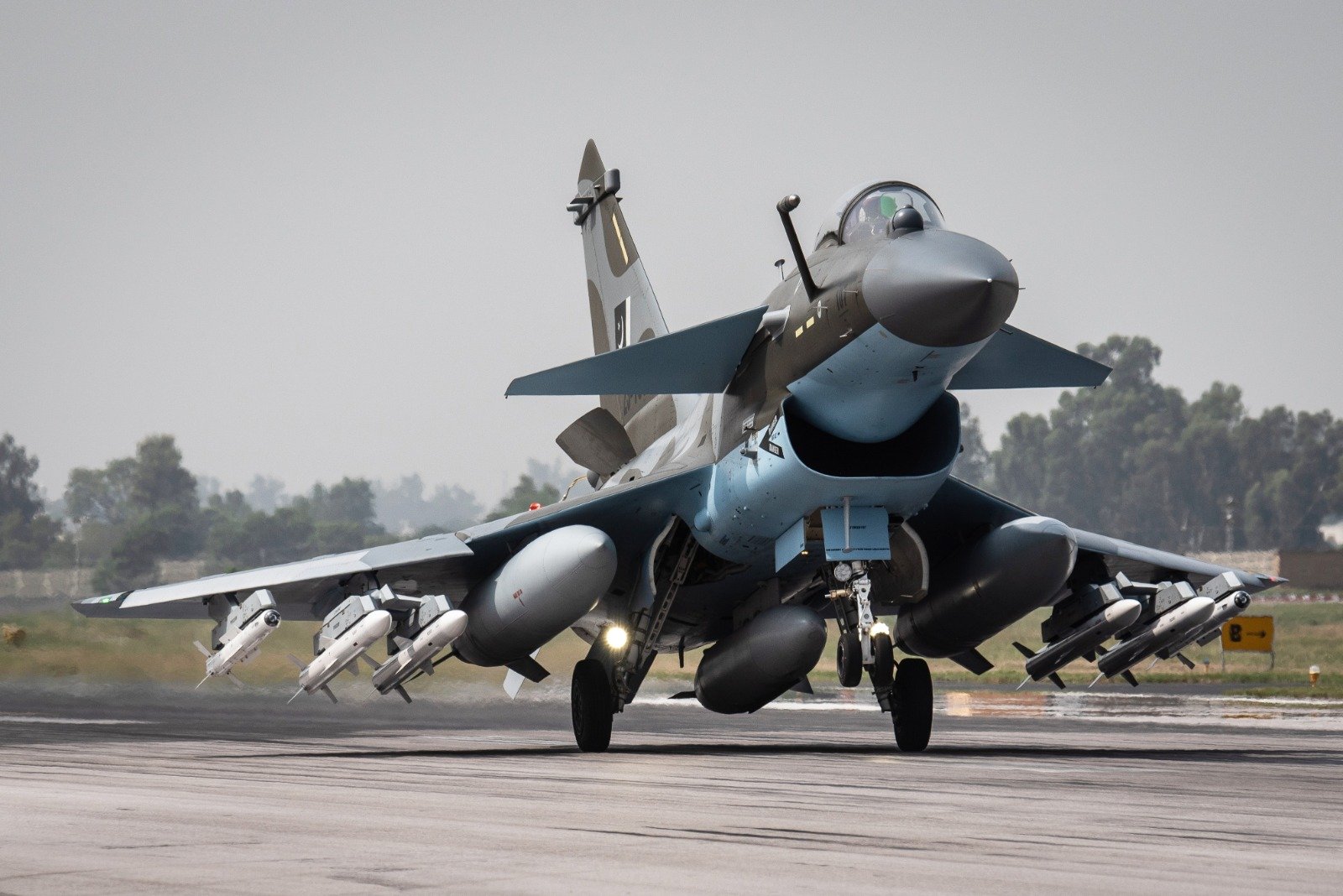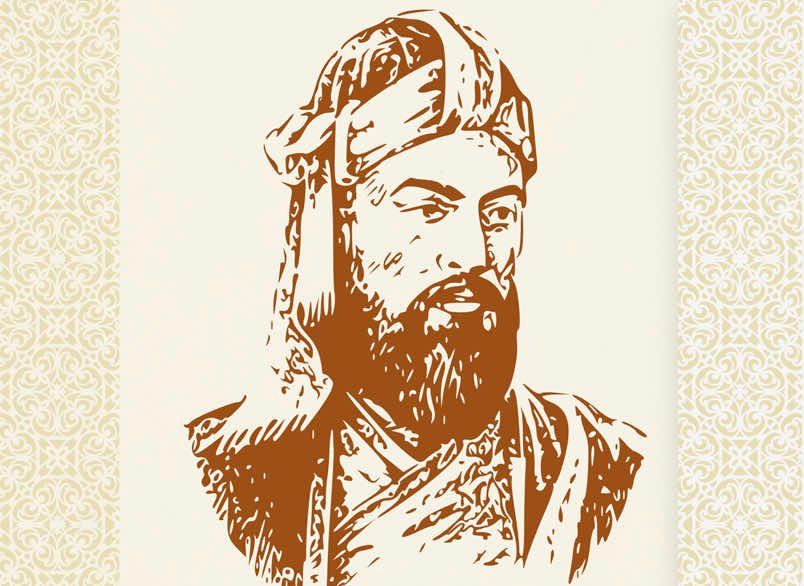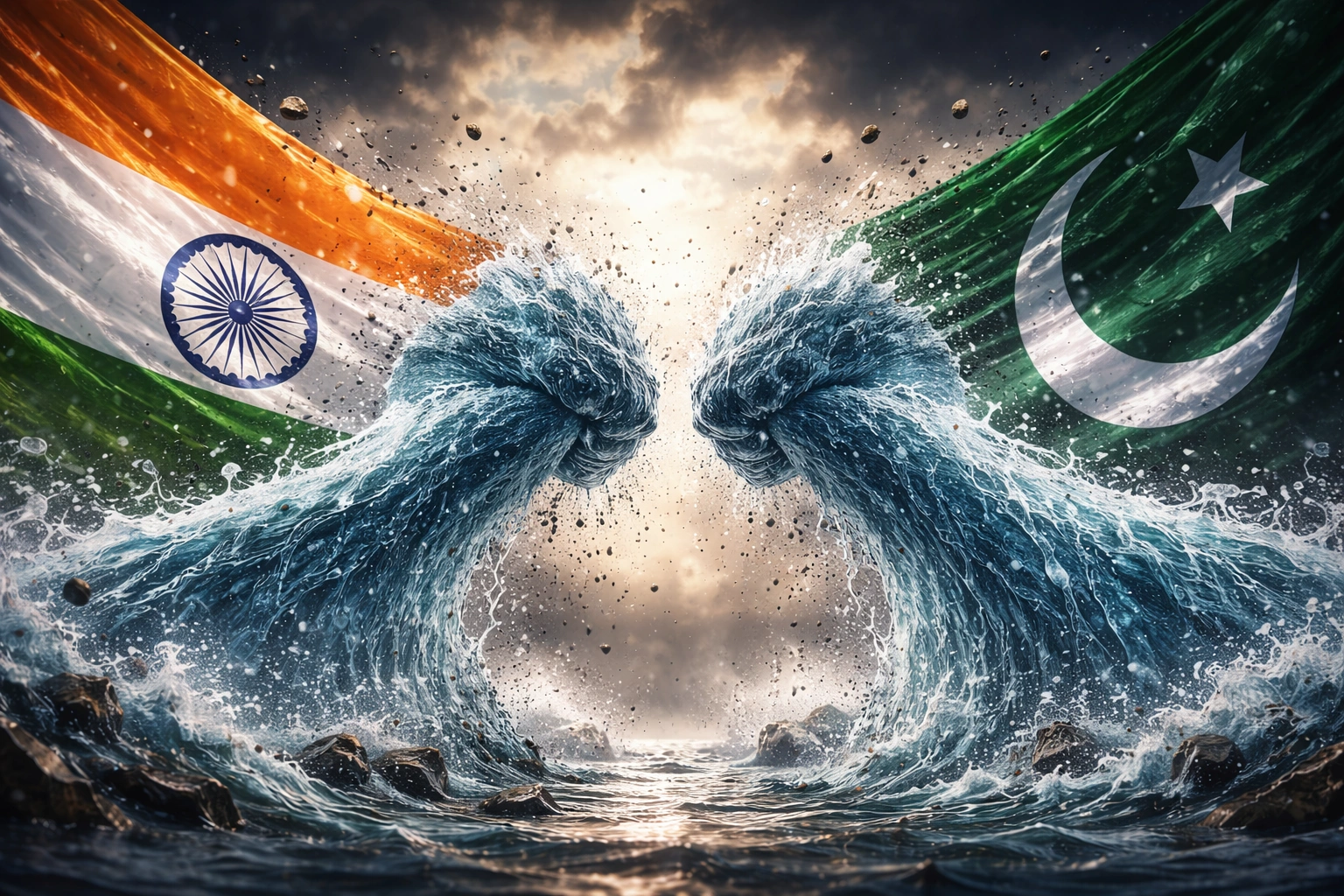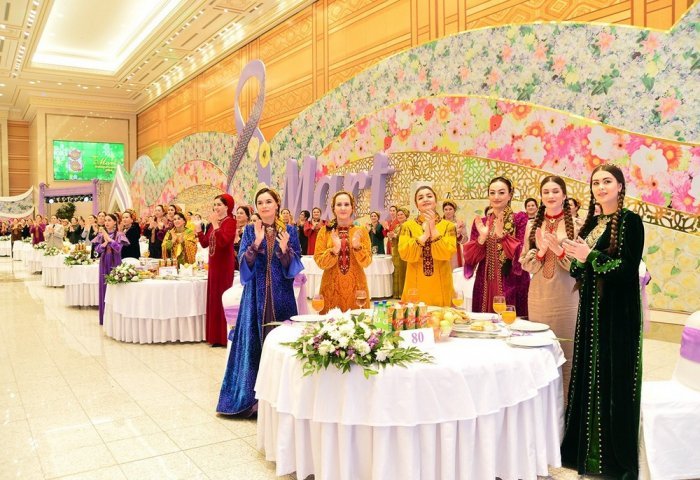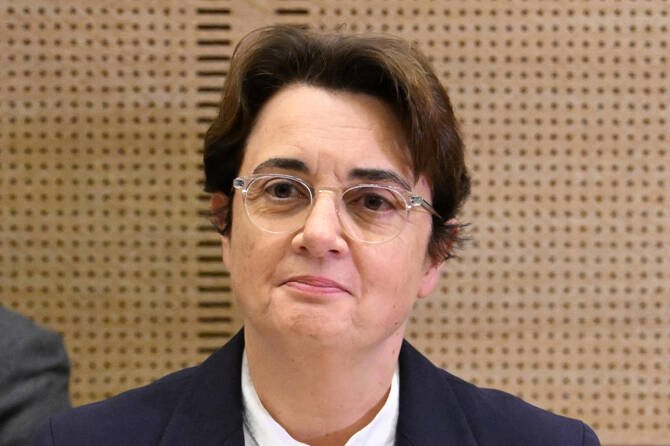Brussels has once again become the crossroads of diplomacy. This time — to honor a remarkable milestone: 30 years since Turkmenistan was recognized by the United Nations as a Permanently Neutral State.
Hosted by H.E. Sapar Palvanov, Ambassador of Turkmenistan to the Kingdom of Belgium, the European Union and NATO, the reception gathered diplomats, international organizations, and cultural figures to celebrate a foreign policy built on dialogue over division.
The ambassador strarted his speech by saying that :
“Today we gather to celebrate a national milestone for Turkmenistan that carries global meaning. This year marks 30 years of Turkmenistan’s permanent neutrality, a decision that became the foundation of our independent statehood and our contribution to regional and international peace. At the same time, the world is marking the International Year of Peace and Trust, an initiative proposed by Turkmenistan and supported by the United Nations. These two anniversaries come together with a shared message, a message that peace is possible, and trust is achievable when countries commit to them with sincerity and consistency.”
Ambassador Palvanov reminded guests that neutrality is not simply a diplomatic label — but a consistent commitment:
“Peace is not a gift. It is a choice made every day.
Neutrality is not a passive status — it is an active responsibility.”
He stressed Turkmenistan’s dedication to fostering trust, balance and multilateral cooperation, especially in the current global environment where peace can no longer be taken for granted.
Permanent neutrality allows Turkmenistan to promote dialogue:
” What does neutrality look like in real life? Is it staying silent? Is it stepping aside? For Turkmenistan the answer is no. Neutrality is not distance. Neutrality is not withdrawal. Neutrality is an active choice to stay open to all partners and to keep dialogue alive even when others find it difficult.”
In this issue, he also added that :
“Turkmen neutrality allowed us to host rounds of peace talks during the conflicts in neighboring countries and to support the efforts of the United Nations. The international community recently reaffirmed the value of our approach by adopting a new resolution on Turkmenistan’s permanent neutrality and another on the Zone of Peace, Trust and Cooperation of Central Asia. Today Central Asia has no active conflicts.”
Turkmenistan is indeed a key country in the region and a peace maker. In this context, the ambassador highlighted that:
“The TAPI gas pipeline project and the TAP electricity line reflect this simple idea. Afghanistan can become a gateway between Central Asia and South Asia. And neutrality allows Turkmenistan to contribute to this vision in a way that is trusted by all sides.”
In this regard, we can accept that Turkmenistan is a key partner of the European Union.
The evening also highlighted global expertise on peace and stability.
Among the guests was Mr. Serge Stroobants, Director for Europe & MENA at the Institute for Economics and Peace — the organization behind the world-renowned Global Peace Index. He shared insights on why trust-based diplomacy is key to economic resilience and future stability.
Culture added its own voice to the narrative:
A beautiful performance by Annette Homann showcased artistic harmony as a symbol of Turkmenistan’s message to the world — that bridges built through culture endure even where politics struggles.
Distinguished attendees included Diplomatic World Institute President Ms. Barbara Dietrich and representatives of the Miss Brussels finalists, highlighting the broad community that peace brings together.
As the night concluded, the message was unmistakable:
Turkmenistan’s Neutrality remains not an echo of history, but a strategy for the future — one that prioritizes diplomacy, respect, and dialogue as the true foundations of global security.
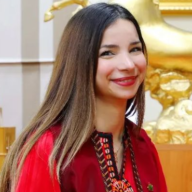
Historian and environmental management expert on Central Asia and researcher on Central Asia post-Soviet period. Journalist for EuReporter and EuReflect and Special Director of “The Gulf Observer” for Europe and Central Asia.
